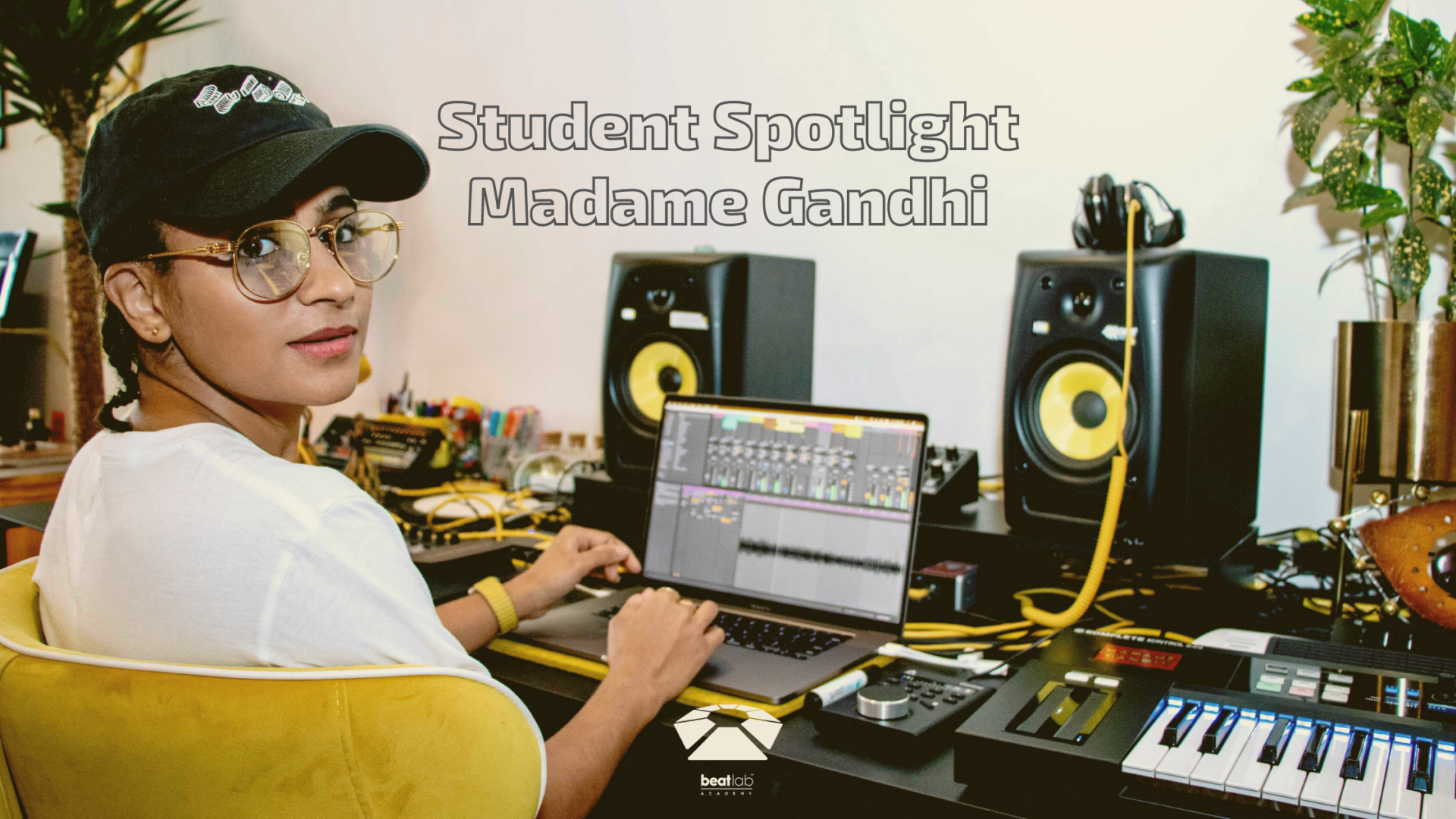
Student Spotlight – Interview with Beat Lab Alumna Madame Gandhi
This month, we had the honor of sitting down with talented musician, drummer, and producer Kiran Gandhi, aka Madame Gandhi. Gandhi has toured with acts such as M.I.A., Thievery Company, and Kehlani and even accompanied Oprah last year on her 2020 Vision tour. Known for her work as an activist as well as an artist, Gandhi uses her music and advocacy to focus on fourth-wave feminism, or the empowerment, inclusion, and representation of marginalized genders in business, politics, and culture. We loved hearing her thoughts on the role of music in culture, the power of rhythm, and her sage advice to the next generation of femme producers.
Kiran began with our Foundations of Music Production course and has since graduated from our Ableton Push Master Course.
[su_divider top=”no” size=”1″]
How old were you when you first started making your own music and when/how did you decide that learning music production was your next step?
I started learning piano when I was 6 and drums when I was around 11 yrs old. I knew I loved music. I always learned the lyrics of my favorite songs and choreographed dances at school. No one ever encouraged me to write my own music and because I didn’t really sing much, it never occurred to me that I could actually make my own music. The benefit of that is that then when I did start making my own music around 2014 right after I toured with M.I.A, it felt entirely my own. I felt a lot of freedom in making whatever I wanted. I felt a lot of self-empowerment because the push and desire came from no one else but myself. This self-motivation to want to be a better musician and producer continues to inspire me.
In your TED Talk in 2020 you described music as “one of the most powerful forms of communication because it has the potential to uplift or oppress” and urged us all to “stop dancing to the sound of our own oppression.” What do you think is the role of music in culture today? What role do you hope your music will play?
I’m not here to tell other people how to make their music, but I am certainly here to provide and design the alternative. I do find we tolerate so much misogyny towards women and femmes in our culture today, and that manifests through the music we consume. We have to continue to question and push back against normalized sexism in our lyrics and culture because what we repeat over and over again becomes internalized as truth. We have to use music for good, to encourage all of us to be our best selves. The moment we start using it to uplift some at the expense of others, I think we are only hurting ourselves as a society.
What ‘language’ do drums/rhythm speak to the human body, soul, or emotions? How important is modern production or drum programming to create these experiences?
Yes, I feel lucky to be a drummer because we definitely feel beats before we feel anything else! In fact, this is one of the many reasons we tolerate lyrics in music that do not serve our higher selves, because we connect deeply to the beat and melodies we hear. Drums are the human heartbeat, they evoke a dance, a movement, a reaction. They take us out of ever-racing minds and into our spirit. This is why we love and crave music so deeply to begin with. We need it. Everywhere I go, there is music. In a hotel, in a fitness class, in a shop, on a skiing mountain! We love having music to score the experiences we are having, to decorate sound and time as we live it. Beats at their core make us happy. In my production, I work hard to have a balance between electronically produced drums and my live hand percussion and drumming so that the human component is always included.
In your own words, who is the producer and how is this role different from that of a songwriter or singer? Who ultimately decides which voices are shared and what stories get told?
The role of the producer has changed tremendously over the past few decades. It used to mean the person who helps take a song from being merely an idea to bringing it into fruition. That might mean arranging, deciding the best way to record the track, the best instrumentation for it – essentially the best way to tell that story. While I still believe that is the role of a producer, people now use the word to also mean someone who is making beats or creating instrumentals for other artists to write lyrics and top-line melodies to. It has a totally different context because of how we are all making music on our laptops now. Some producers record their own vocals, but many enjoy supporting artists who are looking for someone to collaborate with. In my case, I enjoy all roles. I enjoy being able to support my own lyric ideas by producing around them, and I also enjoy writing with other people who share a similar musical sensibility and value system. I enjoy solo creating and I enjoy vibing with other people. Recently I had an experience where I was producing music while a friend was in the room working on her own script on her laptop for something entirely unrelated. I actually found myself really enjoying the process of having someone else around to vibe off what I was making! I think I have always been a performer, and so in that sense, I always love to have an audience.
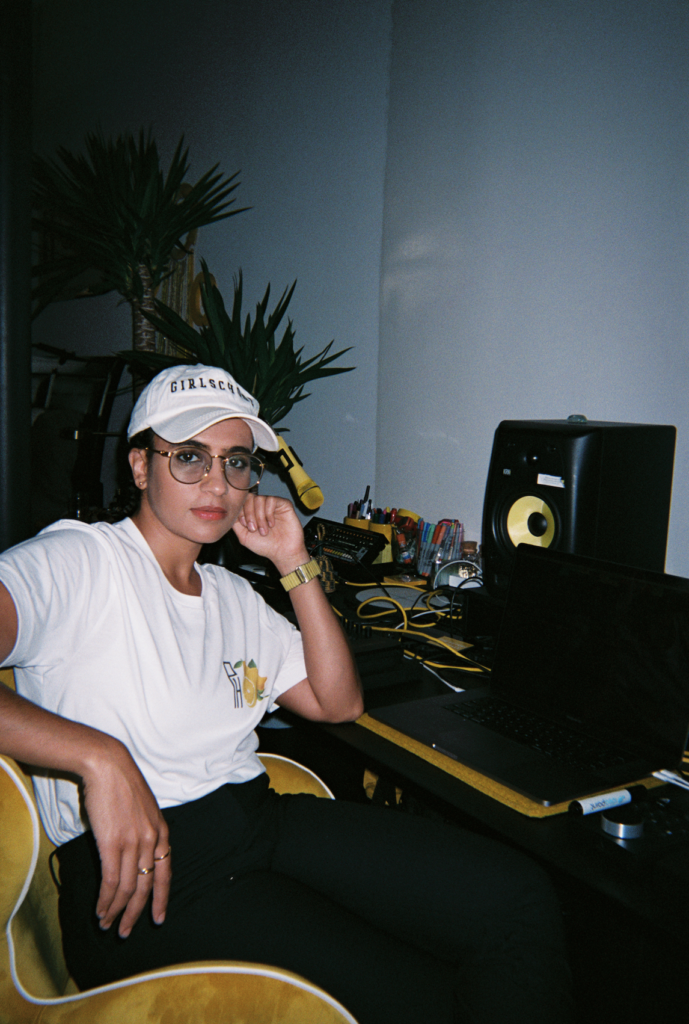
Sadly, there are fewer femme-identifying music producers in the music industry than there are womxn in the US House of Congress (bypercentage). What do you think is the largest barrier for womxn/femmes to enter this role? What challenges have you faced in your own musical journey to become a producer? Do you have any advice for upcoming femme producers who enter our program?
Many women and femmes talk about how often times their male collaborators want something romantically with them rather than offering the peer-to-peer mentorship that comes when it is just straight cis men collaborating together to share knowledge. I definitely relate to this dynamic and find myself enhancing my more masculine side and playing down my feminine side when I am in those spaces so that I can be seen as a peer and receive guidance and mentorship I may need. But ultimately, we should mentor each other regardless of our gender presentation, and we should be able to show up exactly as our authentic selves when we want to learn, share or collaborate without any worries. The biggest solution I have seen has been women and femmes simply mentoring each other. Creating spaces that are female or non-binary identifying only, so that we can provide knowledge and guidance to each other in safe learning spaces. The men I have worked with though who have taught me what I know are secure in their own skill sets and are motivated purely by their love for music and desire for the best music to be made. We have to all move beyond our own ego and remember that happiness exists to be shared. We want all types of different people to feel empowered with the knowledge and skills they need to be able to make the best music possible to tell their stories. Ultimately, kindness and transparency create longevity in your career, and bad behavior will in time be called out.
We would love to hear about any music or projects you are hoping to share this coming year. What is coming up for you for this next year in music? What has you inspired in your craft at this very moment?
I am working on my new album, and also finding enormous joy in the quarantine to feel inner peace, balance, rest and enjoying physical activity in nature like trail running, surfing, snowboarding, yoga and boxing. When I’m not doing these things, I am writing my lyrics and my new music and this sense of peace has been enormously rewarding.
Wow, thank you so much Kiran for taking the time to share some of your thoughts on these important issues. We know our students really appreciate what you are calling forward in the music industry as a whole. We at Beat Lab are grateful to share your story with our readers and upcoming producers.
Find out more about Madame Gandhi and her music and stay connected by following her on Instagram.
[divider style=”clear”]
If you’d like to learn more about music production with Ableton Live in a Live Interactive approach, find out which of our programs is right for you.
[divider style=”clear”]
[su_button url=”https://beatlabacademy.com/beat-lab-live-online/” style=”ghost” background=”#303133″ color=”#303133″ size=”12″ wide=”yes” center=”yes” radius=”20″ icon_color=”#303133″ class=”custombuttonsyeuda”]Beat Lab Live Online[/su_button]
[su_button url=”https://beatlabacademy.com/online-certification-program/” style=”ghost” background=”#303133″ color=”#303133″ size=”12″ wide=”yes” center=”yes” radius=”20″ icon_color=”#303133″ class=”custombuttonsyeuda”]Beat Lab Online (Self-Pace)[/su_button]
[su_button url=”https://beatlabacademy.com/request-more-info/” style=”ghost” background=”#303133″ color=”#303133″ size=”12″ wide=”yes” center=”yes” radius=”20″ icon_color=”#303133″ class=”custombuttonsyeuda”]Contact Us[/su_button]
[su_button url=”https://beatlabacademy.com/class-visits/” style=”ghost” background=”#303133″ color=”#303133″ size=”12″ wide=”yes” center=”yes” radius=”20″ icon_color=”#303133″ class=”custombuttonsyeuda”]Class Vists[/su_button]

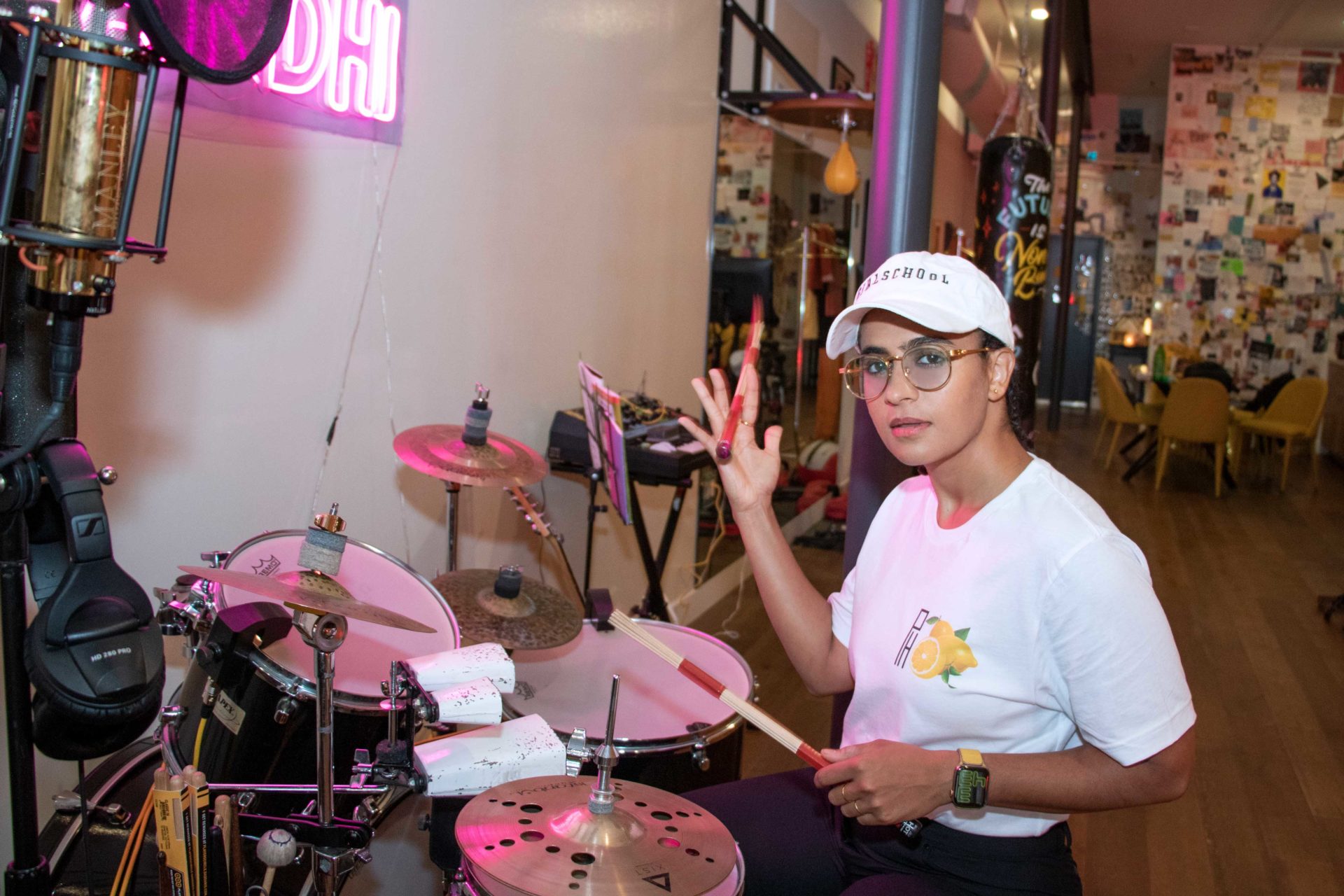
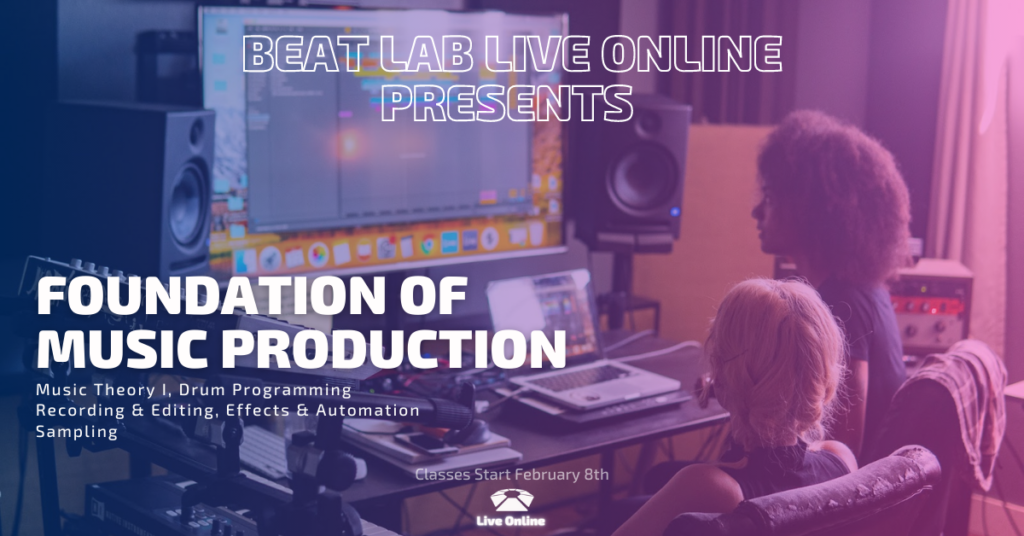
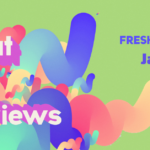

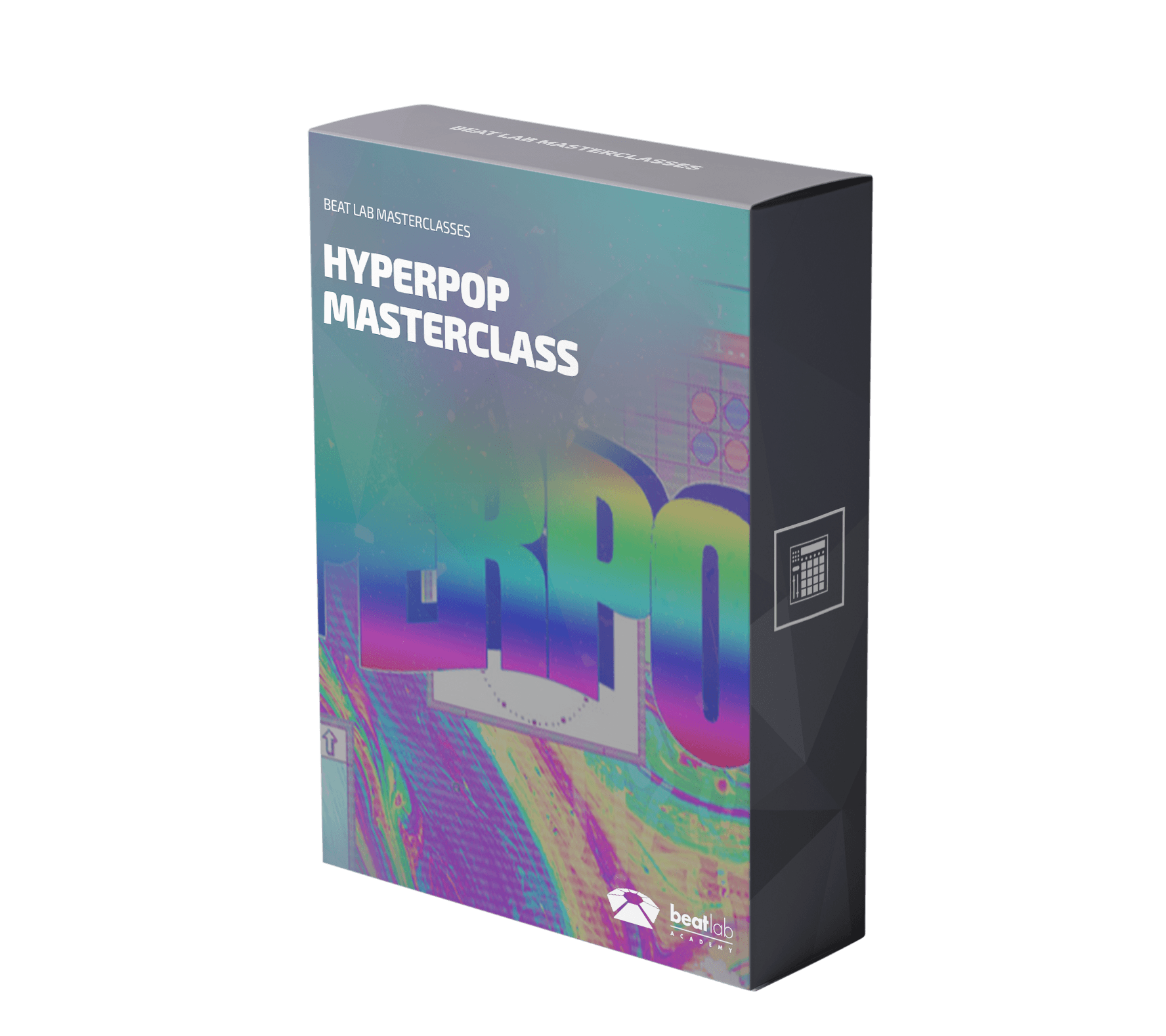
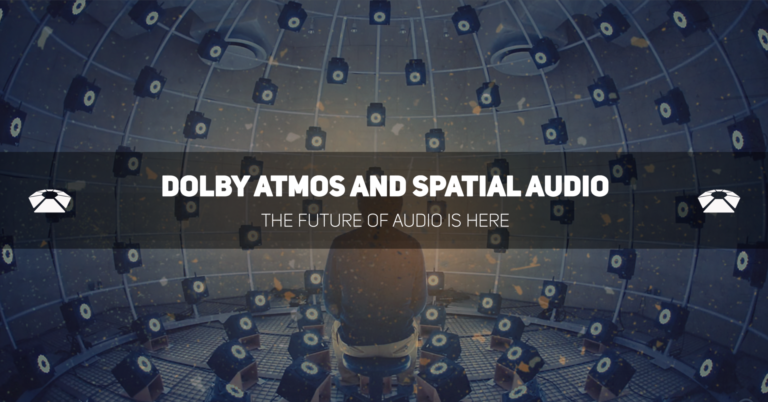
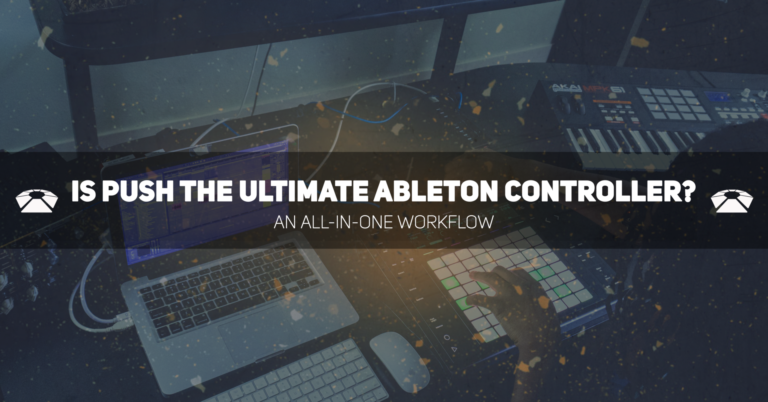
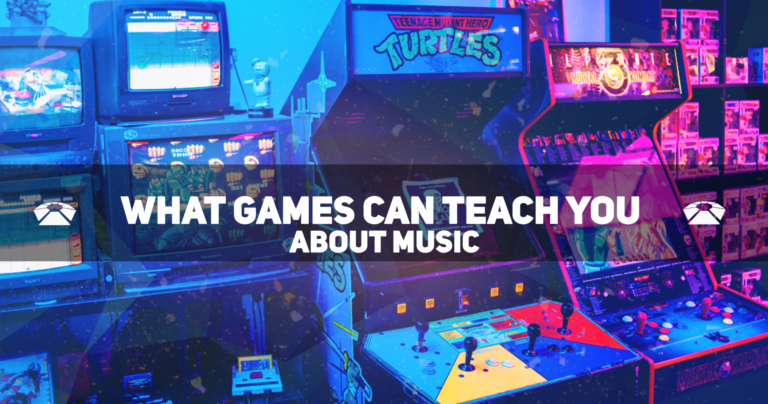
0 responses on "Student Spotlight - Interview with Beat Lab Alumna Madame Gandhi"